Chatbots are conversational agents that can have conversations with people by responding automatically through previously defined responses. The scope of conversations that a chatbot can have is generally limited to a specific domain, hence the responses that the chatbot provides to user input must be defined by a set of experts in this domain. In our day-to-day lives, we can find chatbots that help us in managing our bank accounts, chatbots that assist us in understanding our electricity bill or our insurance coverage, and even chatbots that can help students in learning different subjects.
Within the RIPEC project, we have developed a chatbot that can help Erasmus students who are affected by an emergency. The idea was inspired by the context of the COVID-19 pandemic when many Erasmus students were confined to their host countries without knowing whether they could return to their home country or even just go for a run. This chatbot is aimed at students who are away from home to help them in situations that may arise during a study experience in a foreign country.
The chatbot has been developed with DialogFlow technology and Google Apps Script. DialogFlow has been chosen for its versatility, integration with the Google suite and integration with other applications such as Telegram or WordPress. In addition, DialogFlow allows us to establish natural language recognition rules as well as various natural responses. The technical details of its implementation have been described in the wiki of its GitHub repository.
The chatbot developed can be accessed from the RIPEC website or via the messaging app Telegram through the user @RipecBot. The chatbot can give the student answers to generic situations, for example, where to go to see if they can return to their country of origin, as well as to more specific situations, such as the telephone number of the psychological support service of a specific university.
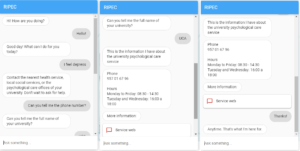
We hope that this chatbot will help the Erasmus community to manage this kind of situation. We encourage everyone to interact with the chatbot on the official RIPEC website and complete the survey about the use of the chatbot to give us feedback to help us improve it.
Antonio Balderas and Juan Manuel Dodero

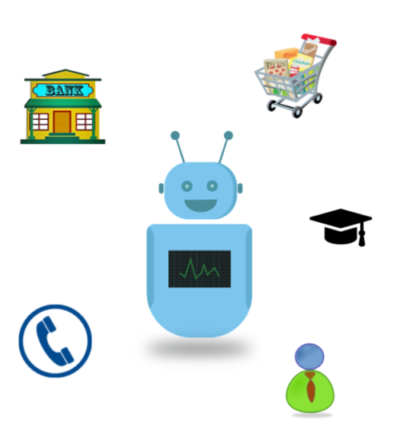

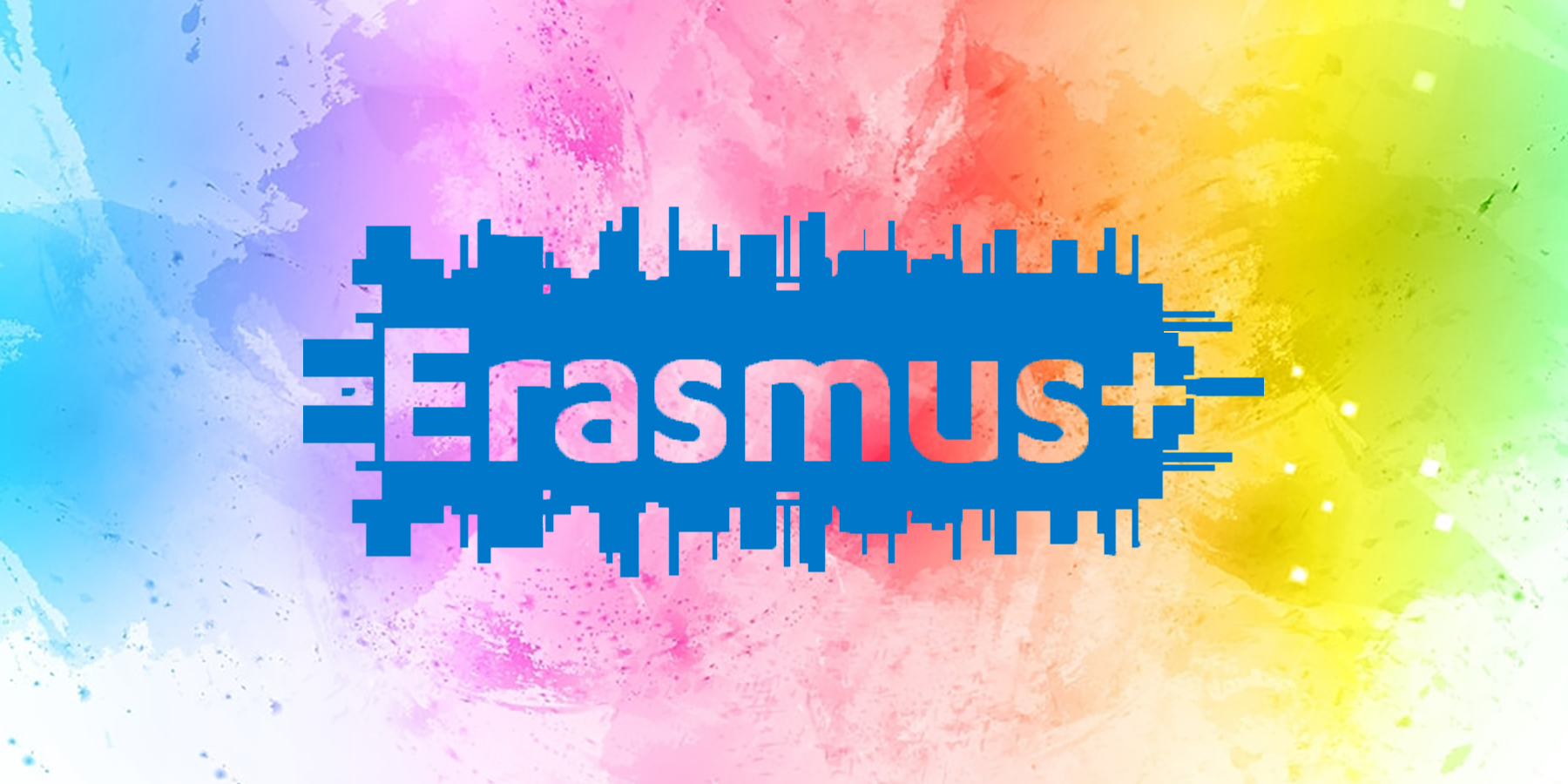
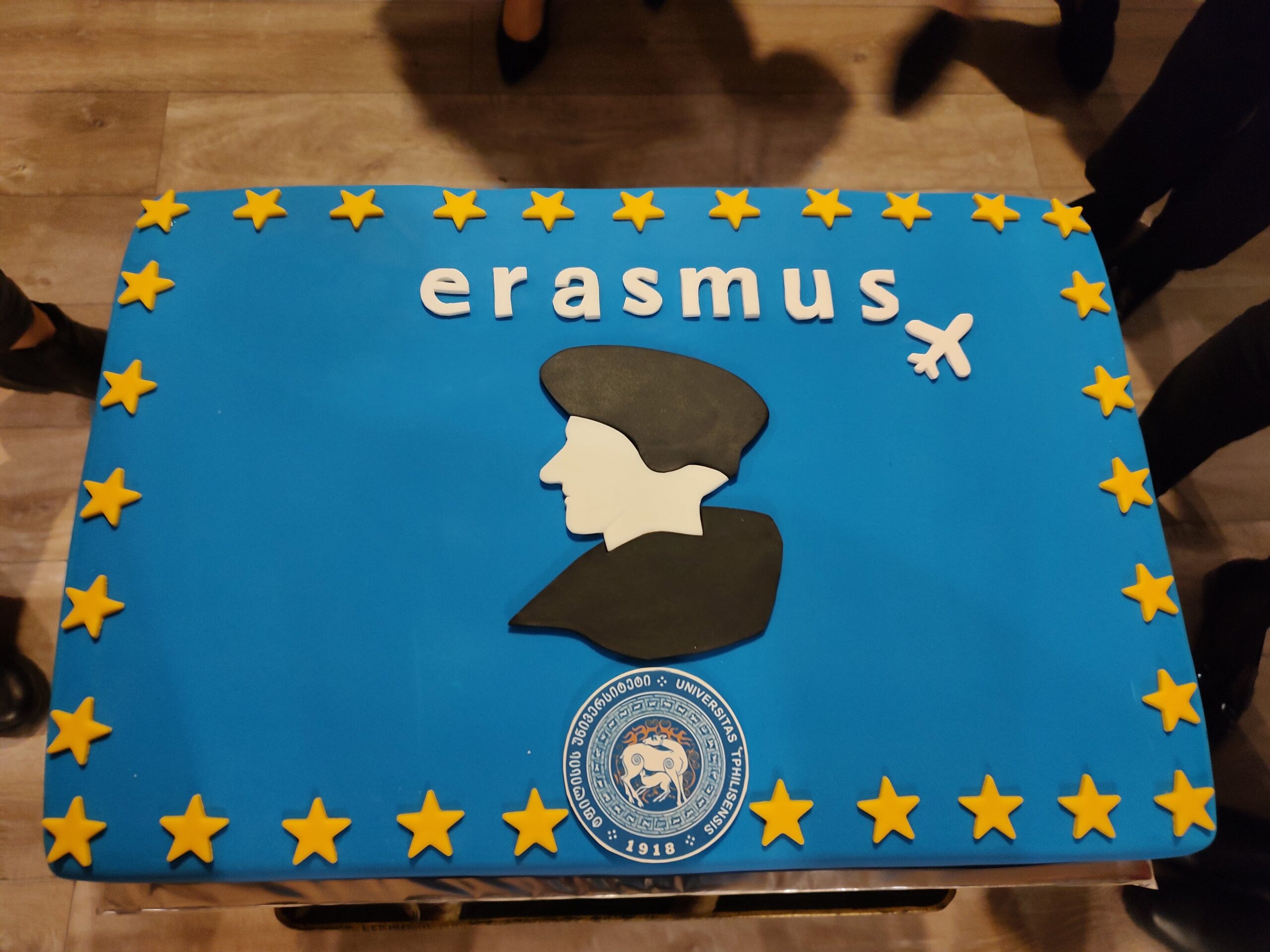

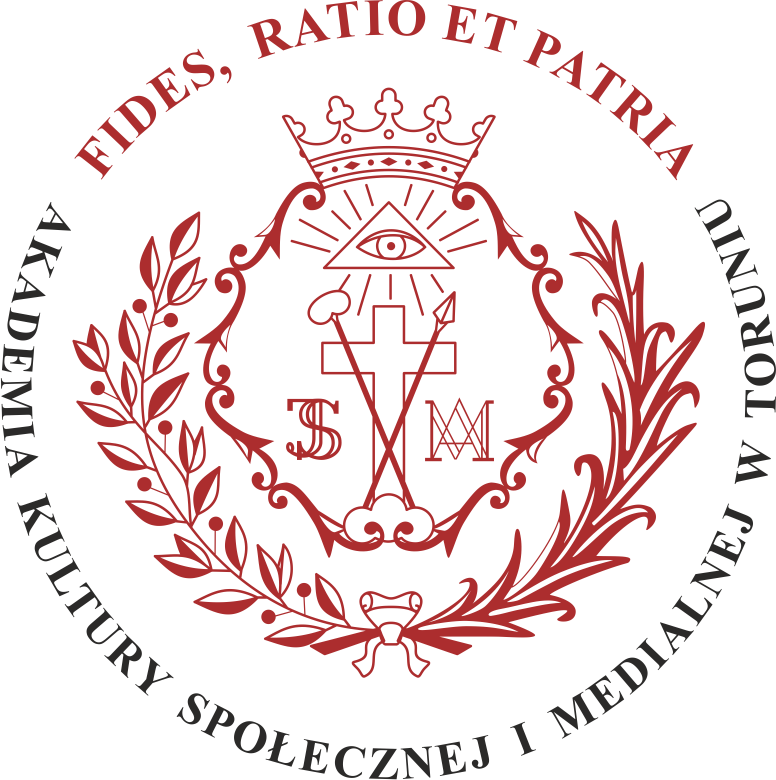




Very nice invention! Personally i think that a chatbot is very useful to help students abroad and especially in this period, when Covid-19 hits our lives so hard, with anxiety and uncertainty, it’s very important to have something that can assist people, especially when they are abroad and far from their homes.
Greetings from Italy!